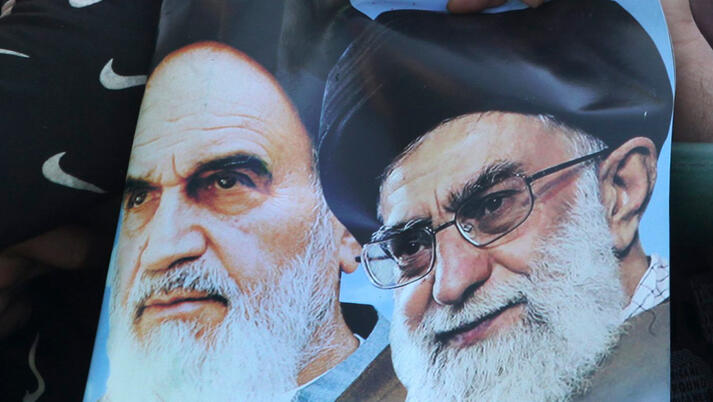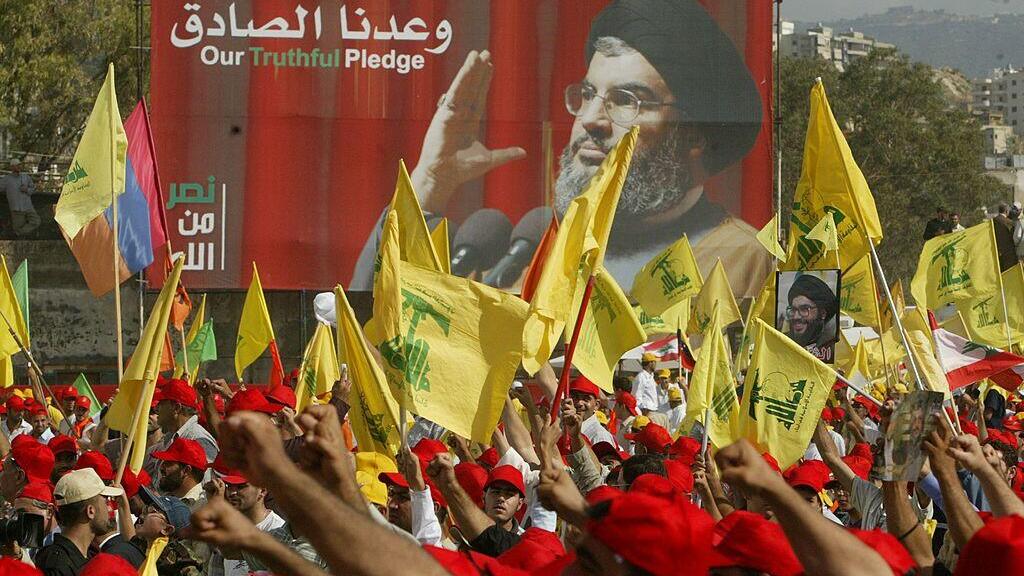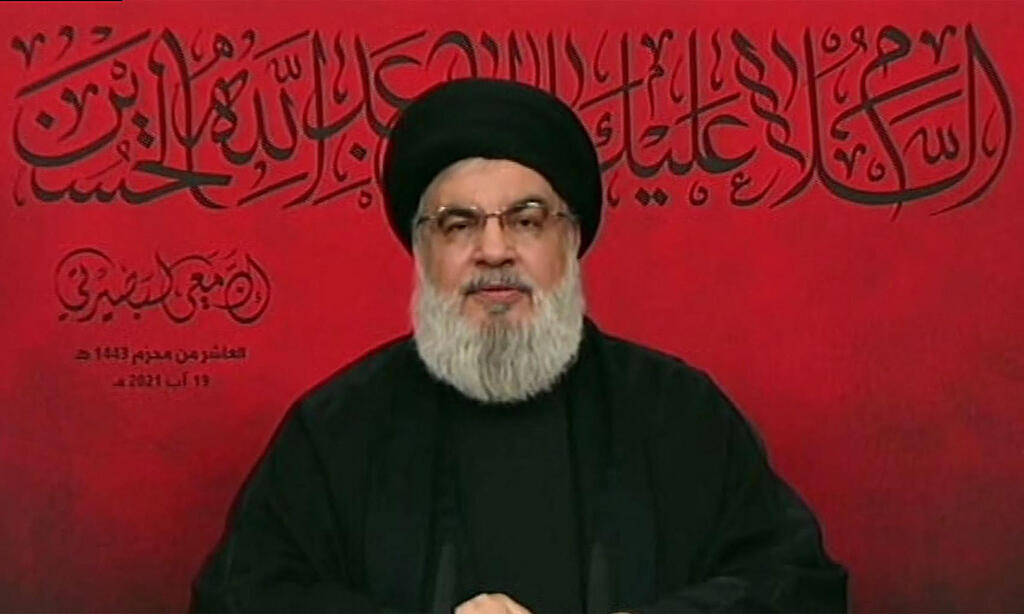The Arab world did not always view the Shi'ite regime in Iran through sectarian lens, despite the fact that the majority of Muslims in the world are Sunni.
Former Iranian Supreme Leader Ruhollah Khomeini, the father of the Iranian Revolution, used to be seen as the leader of the protest against the Shah's oppression, Western hegemony and Israel's influence.
Later, the Iran Iraq war undermined Iran's reputation in the Arab world, but during Tehran's campaign in assisting Lebanon in its war against Israel in 2006, it has managed to repair the damaged image.
But, since then Iran has widened its rift with the Sunni world by backing Shi'ite political parties in Iraq and Lebanon, instead of viewing the Middle East as the home of the united Arab nation.
Iran's condescension has not remained unanswered, and the loss of political power by some Shi'ite parties in recent elections can be seen as a direct result of the anger leveled at Tehran, which has been brewing in Arab countries for quite some time.
In fact, you'd be hard-pressed to find a Sunni Muslim in Lebanon who is not angered by Hezbollah - which up until a few weeks ago had a majority in the Lebanese parliament - and the recent election results are proof of that.
Hezbollah is also immersed in sectarianism in its political alliances. The party demonstrates a lax position towards Lebanon's President Michel Aoun, who was suspected of having ties with Israel among other foreign interests affairs, when he was a general in the military.
The Iran-backed organization has no such tolerance of Lebanon's Sunni leaders, as was evident by the death sentence given to former Sunni Imam Ahmad Al-Assir, who dared to criticize Iran. He was accused of causing civilian deaths in sectarian fighting and attacking the military in Sidon - the third-largest city in Lebanon - in 2013.
But such policies have consequences. Iran and Hezbollah have paid dearly for viewing Lebanon as an extension of Iraq and Syria, and not a sovereign state that it thrives to be.
Iran was also harshly defeated in other geopolitical arenas when it sought to exploit those countries for its own interests.
For instance, Hezbollah chief Hassan Nasrallah was tasked by Tehran with the responsibility of executing Iran's orders in Iraq and Yemen. He appointed Sheikh Mohammed Kawtharani as Lebanon's representative in Iraq, who then was in position to decide the fate of local politicians.
As a result, like in any other authoritarian government, it became utterly corrupt and Kawtharani's brother, Adnan, took advantage of the situation to advance his business dealings.
Alongside this, Iran has also set up drug and arms smuggling networks, which rely on Lebanese cannabis and Syrian stimulant drugs such, and it is hard not to see this as further humiliation of Sunnis
Sunni men, women and children are still displaced in their own lands, with the best among their youth incarcerated, while Hezbollah occupies their cities.
Iran seeks to sow chaos and is focused only on its own interests instead of considering the entire Arab nation as one - irrespective of factional affiliation. Until it adopts a different policy, it stands to lose even the support of Shi'ite Muslims.
Yasser Abu Hilala is a Jordanian journalist and his article was published by the Van Leer Institute's Ofek program




